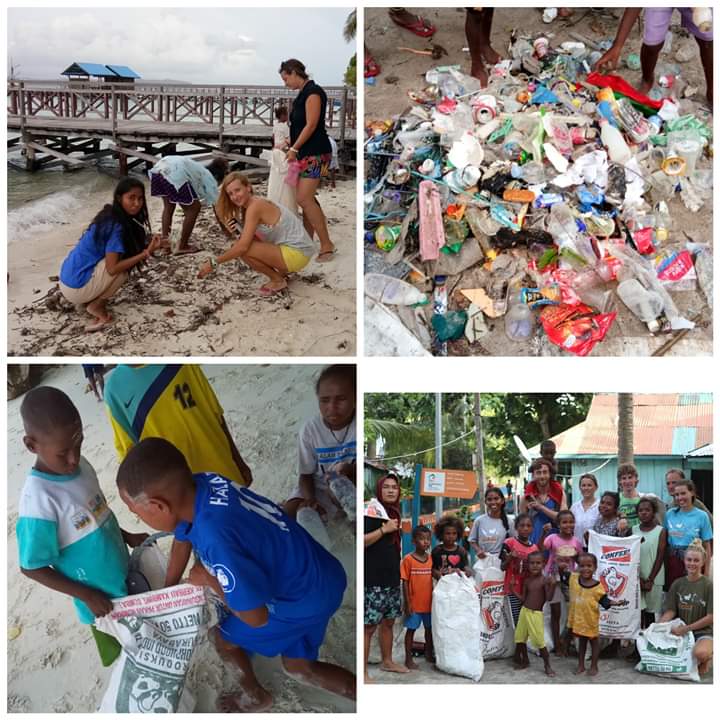Barefoot Conservation's Waste Management Programme
Barefoot Conservation Beach Clean- Maybe Less Glamorous but Still Incredible Rewarding
One of the greatest threats facing our oceans today is plastic waste, and it seems that there are few, if any, places left in the world that are unaffected by this issue. A major problem is with plastic wastes such as water bottles, sweet wrappers and plastic bags. They can take decades to degrade and even after this point they can remain within ecosystems as Nano-Plastics. Although beach clean ups may be less glamorous than releasing baby turtles, science diving and manta ray spotting, they are just as important, if not more important than all of these other activities.
Many marine creatures are often seen taking bites of plastic, before realizing what it is and spitting it out. Some however do not realize until it’s to late, this is a particular problem for many sea turtles such as the Leatherback who mistake plastic for one of their food sources jellyfish. Simply collecting the waste that washes up on the beach can have a huge impact on reef ecosystems, helping to prevent coral damage, ingestion by marine creatures and the release of harmful chemicals once the trash eventually starts to degrade.
Volunteers at Barefoot Conservation are asked to help out with beach clean-ups as often as possible. This not only sets a great example to the local community, but also allows participants to see the good they are doing by physically removing rubbish from the environment.



